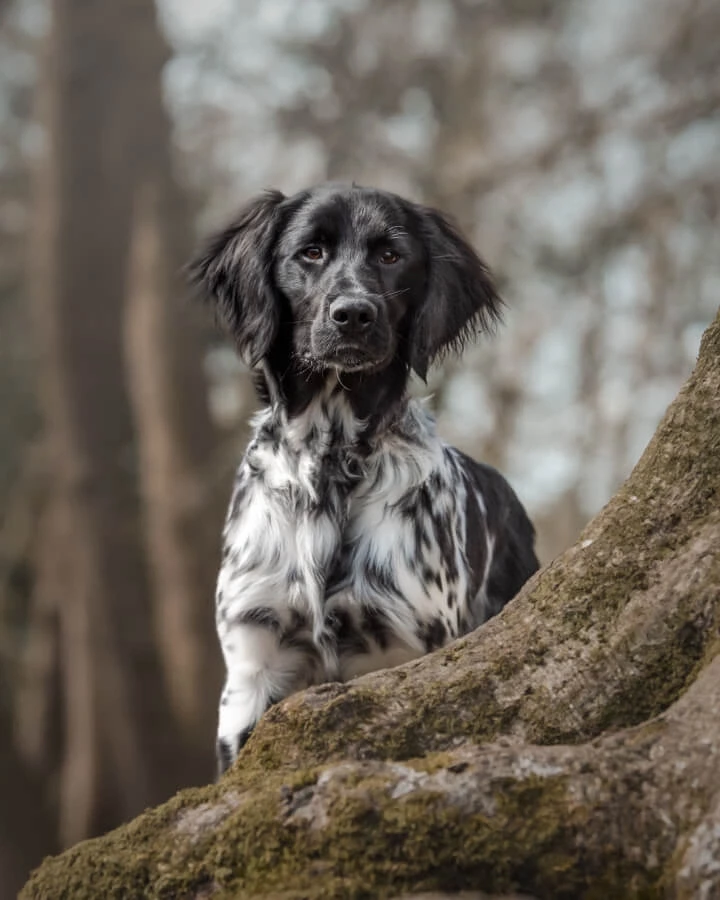
Large Munsterlander
About
The Large Munsterlander is a friendly, intelligent, and versatile breed that makes a great companion for active families and individuals. With their loyal disposition, adaptability, and strong hunting instincts, they thrive in homes that can provide regular exercise, training, and mental stimulation. Their affectionate nature and boundless enthusiasm make them a delightful addition to households looking for an energetic and devoted canine partner.
 Breed Size
Breed Size
-
Weight (Male)
25-29 kg
-
Weight (Female)
25-29 kg
-
Height (Male)
60-65 sm
-
Height (Female)
60-65 sm
 Coat
Coat
-
Fur Type
-
Color
One color
 Care
Care
-
Walk
>60 minutes/day
-
Breed Size
L
-
Demeanor category
Friendly
 Breed Traits
Breed Traits
-
Barking
-
Good with young children
-
Drooling
-
Energy level value
-
Grooming frequency value
-
Good with other dogs
-
Trainability
 Breeds Club Recognition
Breeds Club Recognition
-
Trainability Category
>Easy Training
Description
The Large Munsterlander is a medium-to-large hunting dog, originally bred in Germany in the 19th century for retrieving and pointing game. This breed descends from the German Longhaired Pointer, resulting in an intelligent, versatile, and highly skilled companion.
- Origin: Germany, developed for hunting and retrieving.
- Smart and trainable: Quick learner with a strong work ethic.
- Loyal and affectionate: Forms deep bonds with its family.
- Energetic and athletic: Requires daily exercise and mental stimulation.
- Long, dense coat: Weather-resistant but needs regular grooming.
The Large Munsterlander is a devoted and hardworking companion, excelling in hunting, obedience, and agility. With proper training and early socialization, they become well-mannered, affectionate pets suited for active families and outdoor enthusiasts.
